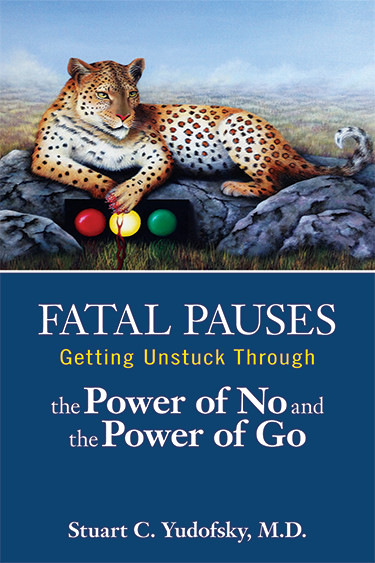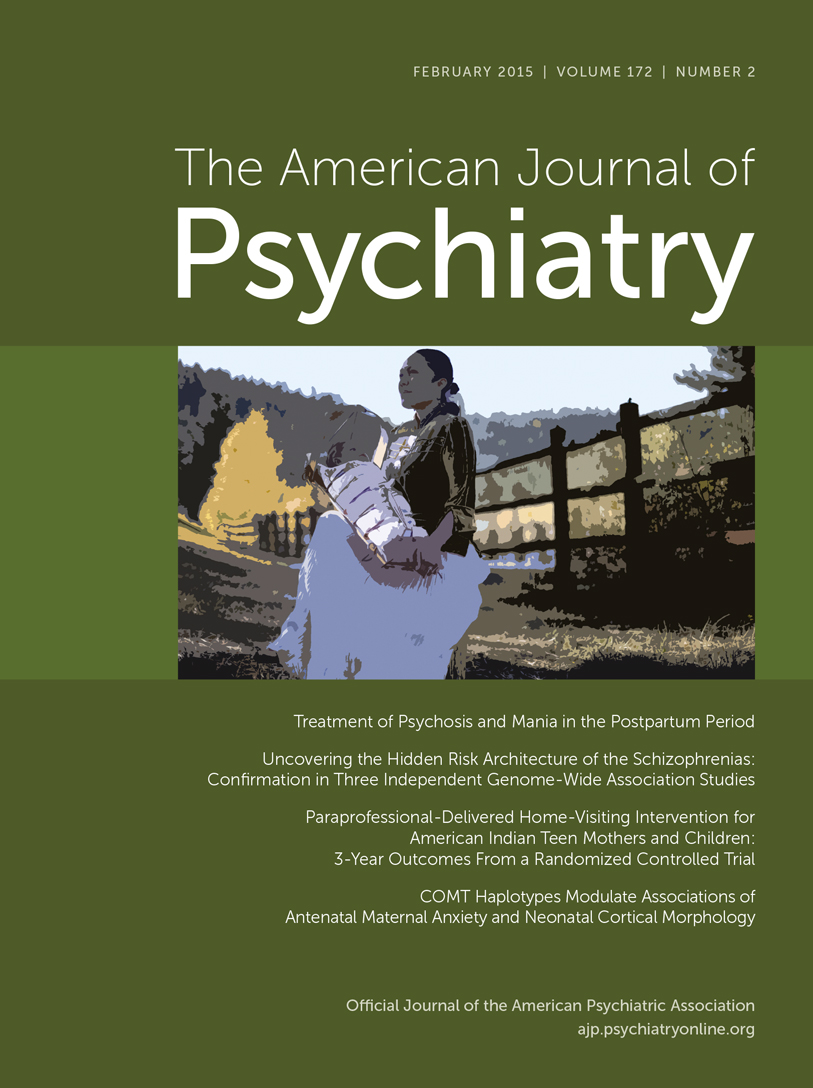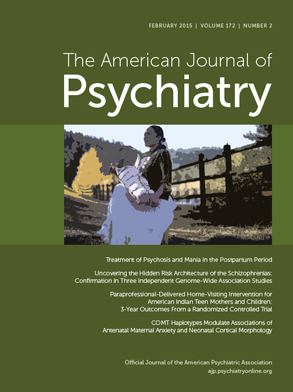Stuart C. Yudofsky, M.D., known for his editorships of major psychiatric texts, provides a fresh way of conceptualizing psychopathology around the idea that a person with a mental illness is stuck, either not stopping something that is bad for the person or not starting something that is good for the person. Aiming to get unstuck leads the clinician into a treatment strategy, “3-D,” the “Ds” being:
1
Discovering why the person is stuck—why the pause. This may be achieved through psychodynamic psychotherapy, which will not only involve the need to consider experiences but also biological predispositions and social factors. Some patients will not realize they are in pause, so this will need to be understood before getting to the “why.”
2
Deciding to become unstuck. As the title implies, “the power of no and the power of go” involves carrying out all-or-none binary decisions, not half-way measures, not moderation. Ceasing substance abuse should be absolute. Exercise should be daily.
The person must feel that what is being stopped is less desirable than what is being started.
3
Asserting the discipline to get unstuck.
Perhaps the greatest challenge for psychotherapists using this model lies in the step between making a decision and asserting the discipline to get unstuck. Contemporary approaches to treatment focus considerable energy on assessing and building a patient’s “readiness to change.” Yudofsky’s emphasis is, similarly, on building the dynamic tension inherent in approach/avoidance conflicts in order to have the longer-term/greater good outweigh the problematic short-term position. His work with patients in the decision phase of the process is crucial to his success but cannot be accomplished without two factors: one is the constant clinical stance that he and the patient are on the same side; the other is a solid and intricate understanding of the complex factors that drive and sustain the stuck position.
Reading some of his cases, it becomes clear how hard the power of “go” is to implement in the early states. Implementation of a decision is always harder than the decision itself. The support Yudofsky provides his patients during the discipline stage addresses the crucial element for success: continuous reinforcement and refocusing on the decision to change. Diets fail, exercise regimens fail, New Year’s resolutions fail, not only because we do not have clear goals but because inertia is fueled both internally and by the environment and because we are not as strong as we would like to be and because human beings seldom sustain the intensity of focus and control prescribed by Yudofsky. The continued process of psychotherapy at this stage of Yudofsky’s model provides the support, behavioral guidance, and reinforcement essential to help overcome the resistance to change.
Those whose clinical wisdom and skills are based on experience with patients, not only on double-blind studies, will welcome this book, which draws on experiences with seven composite patients. The patients are successful in their fields but have chronic conditions, such as obesity, video-game addiction, anorexia nervosa, or personality disorders. While not shy about using medications (for one patient, Yudofsky even begins treatment with two antidepressants), the core of the treatment is insight-oriented psychotherapy. Yudofsky provides a lot of time for his patients. Initial evaluations are 2 hours; one of the composites is seen 7 days a week, and some treatments take years.
The title might mislead some to think that this is a self-help book, but addressing being stuck is the task of a willing patient and a skilled clinician.
The book rewards the clinician with many treatment suggestions, clarifies differentials, and provides numerous useful tables.
Overall, Fatal Pauses provides an excellent conceptualization and use of approach/avoidance conflicts for therapy. Yudofsky’s use of case material and narrative flows and is completely understandable. His writing style makes the material both engaging and very accessible to all.
The very positive results with these patients could be the result of very winning patient-clinician relationships in circumstances in which treatment costs are not a limitation. These seven wealthy patients markedly improved in a renowned academic setting with treatment being provided by a very prestigious psychiatrist. Given this model’s clear directions for very successful treatment of serious disorders, let’s hope that it will work for less wealthy patients in less renowned settings in the hands of less prestigious clinicians.


